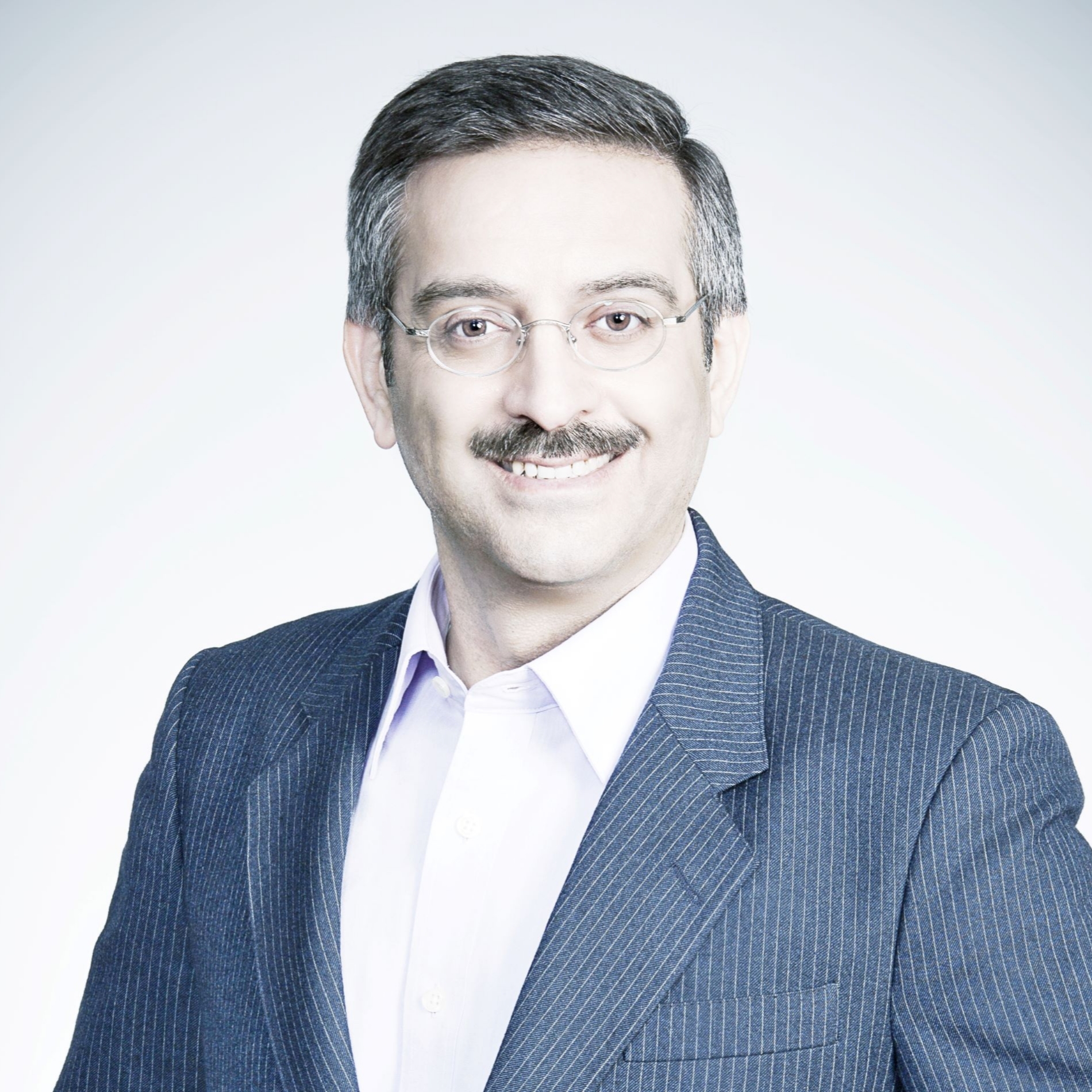
Elkhan Nuriyev is a Senior Fellow with the Alexander von Humboldt Foundation in Berlin. He is also a Global Energy Associate at the Brussels Energy Club and a Senior Expert on Russia, Eastern Europe and Central Asia at L&M Political Risk and Strategy Advisory in Vienna. He previously served as a William Fulbright Scholar at The George Washington University and as an Eastern Europe-Global Area Fellow at Leipzig University. He has recently been selected as a Senior Fellow of the Mathias Corvinus Collegium Foundation in Budapest.

Elkhan Nuriyev is a Senior Fellow with the Alexander von Humboldt Foundation in Berlin. He is also a Global Energy Associate at the Brussels Energy Club and a Senior Expert on Russia, Eastern Europe and Central Asia at L&M Political Risk and Strategy Advisory in Vienna. He previously served as a William Fulbright Scholar at The George Washington University and as an Eastern Europe-Global Area Fellow at Leipzig University. He has recently been selected as a Senior Fellow of the Mathias Corvinus Collegium Foundation in Budapest.
© 2025 The Geopolitics. All rights reserved.

